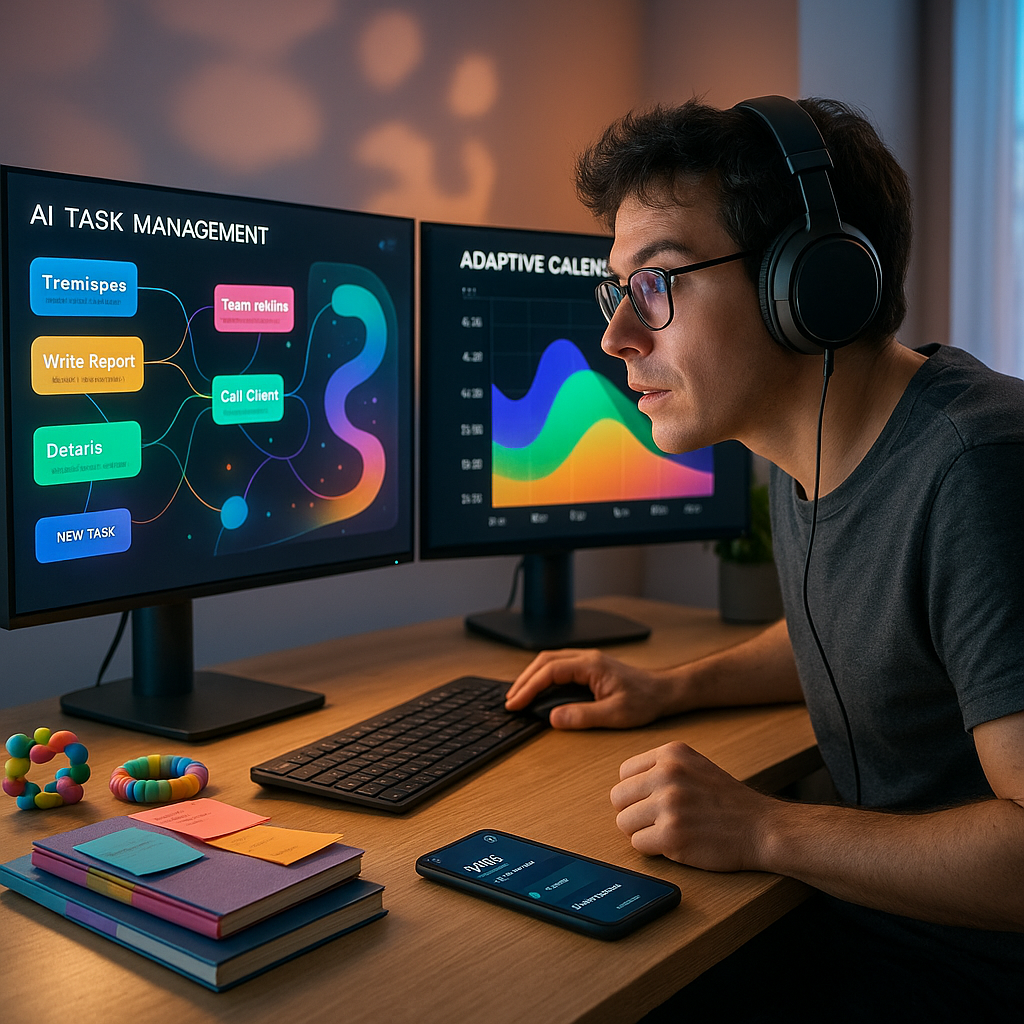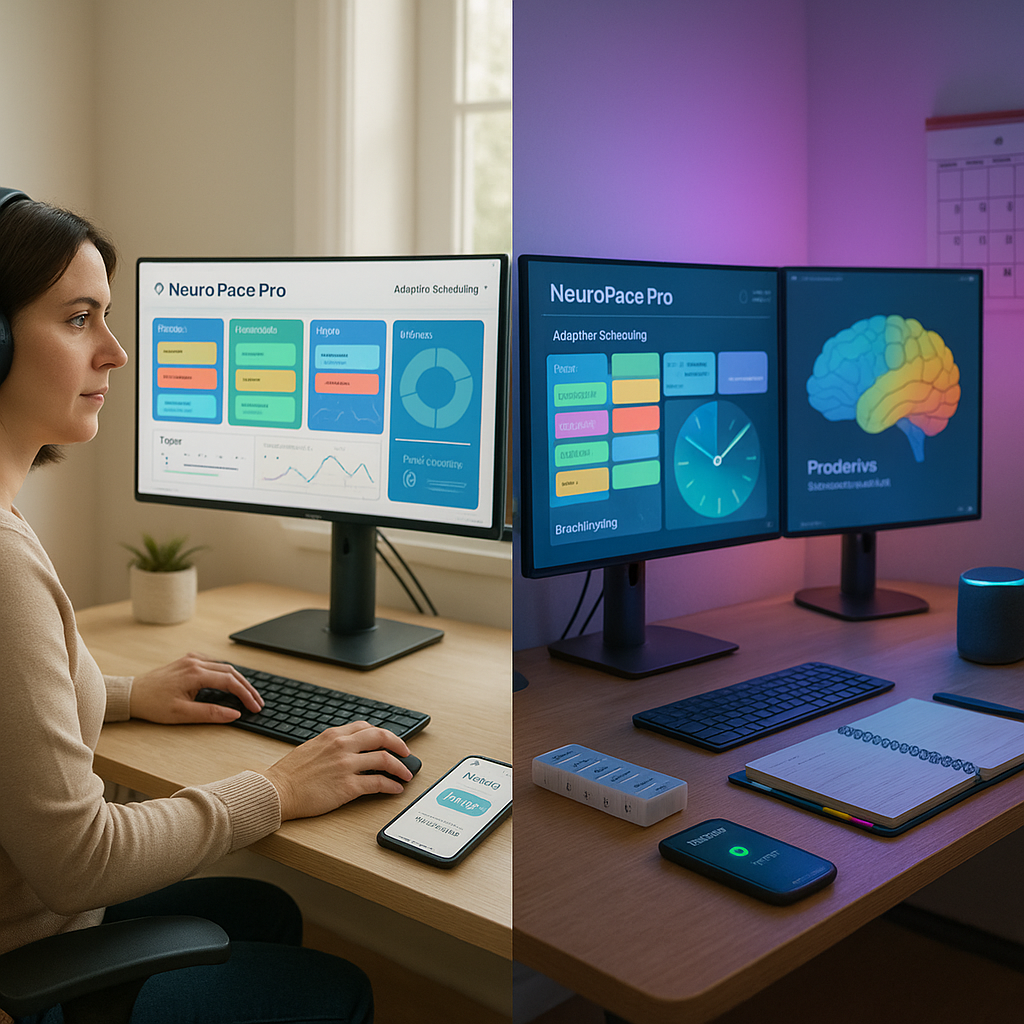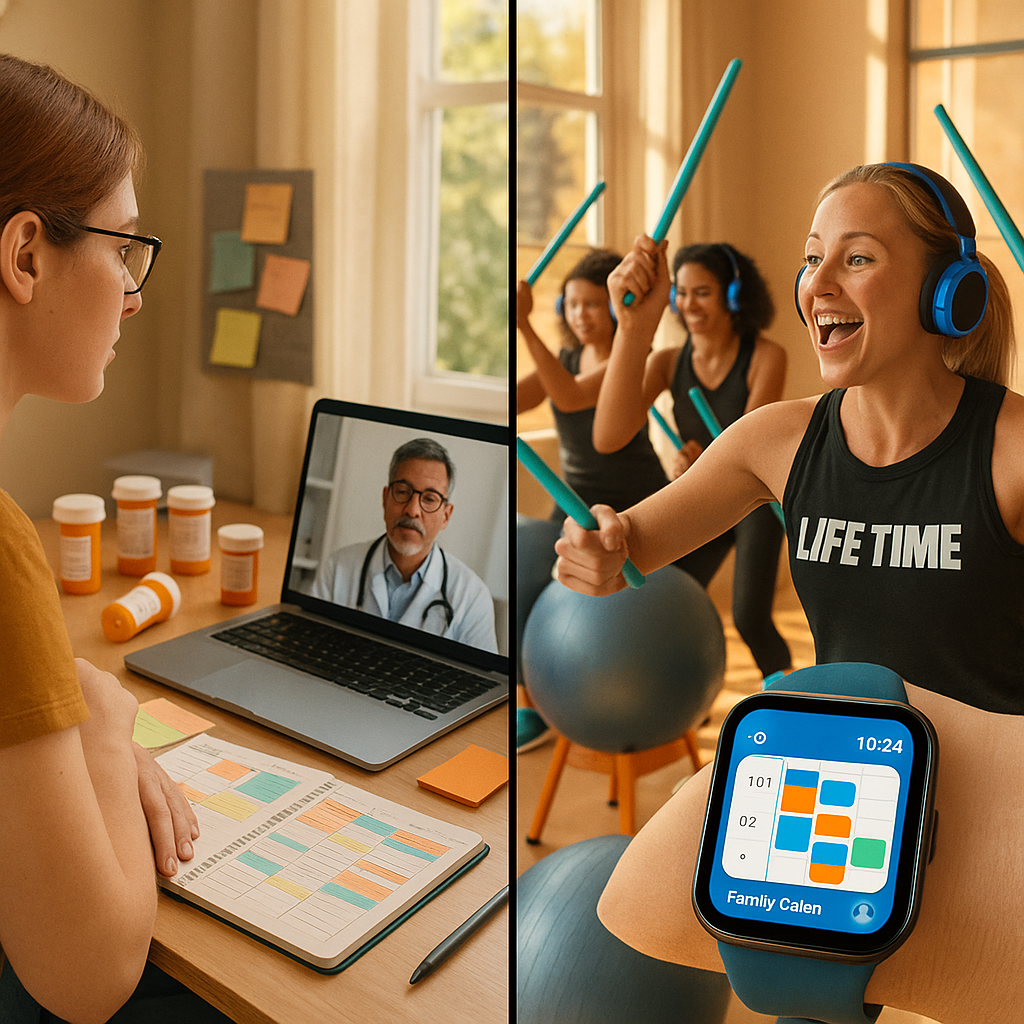Key Takeaways
- AI tools target ADHD pain points: New platforms emphasize simplicity, flexible routines, and burnout prevention for neurodivergent users.
- Designed with lived experience: Solutions such as ADHDink are developed by founders with firsthand ADHD insights, turning personal challenges into practical advantages.
- Harnessing hyperfocus and creativity: Systems leverage hyperfocus and creative bursts to help users channel these traits productively.
- Automation reduces overwhelm: Task managers use automation to minimize repetitive tasks and cognitive overload, supporting sustainable growth.
- Demand rising among professionals: Solopreneurs and teams in fast-moving industries are adopting ADHD-friendly workflows to improve clarity and energy.
- Next steps: Broader adoption and integration are expected as neurodivergent-centered design becomes more common in mainstream productivity tools.
Introduction
New AI task managers, including those from ADHDink, are purpose-built for neurodivergent professionals, transforming ADHD traits into productivity assets. Developed by founders with firsthand ADHD experience, these platforms combine automation, flexible routines, and creative workflows to help users reduce burnout, clarify priorities, and scale their work with energy and confidence.
How AI Task Managers Are Different for ADHD Brains
A new generation of artificial intelligence-powered task management tools is changing productivity support by adapting to neurodivergent thinking patterns. These specialized systems use machine learning to match ADHD brain rhythms instead of forcing users into conventional organizational frameworks.
Research from the Digital Accessibility Institute indicates that traditional task managers fail ADHD users 73% of the time because of rigid structures and overwhelming interfaces. AI-driven alternatives now analyze individual work patterns and automatically adjust to personal executive functioning styles.
These platforms recognize that ADHD minds often operate in intense bursts of focus followed by periods of reduced attention. Dr. Maya Peterson, a neurodiversity consultant advising tech companies on ADHD-friendly design, stated that the technology finally acknowledges productivity is not linear.
Key Features That Match ADHD Strengths
Effective AI task managers leverage ADHD traits such as pattern recognition and creative problem-solving. These systems offer dynamic scheduling that automatically redistributes tasks based on current energy levels and focus capacity.
Visual interfaces reduce clutter and use color-coding to match natural attention patterns. Sarah Chen, lead designer at NeuroDive, stated that their systems speak the same language as ADHD brains. NeuroDive‘s platform achieved 89% user retention during beta testing.
Smart notification systems adapt their timing and frequency based on user responsiveness, helping prevent the alert fatigue common with standard productivity tools. The AI also identifies optimal times for specific tasks, matching work to natural focus peaks.
Real-World Impact and Adoption
Early adoption data from three major ADHD-focused AI platforms shows task completion rates are increasing by 40-60% compared to traditional systems. Users report significantly less anxiety around planning and organization.
Tech company Momentum reported that its ADHD-optimized AI assistant helped 78% of users maintain consistent workflows for over six months. Jamie Rodriguez, Momentum‘s head of accessible technology, stated that the system grows with users instead of demanding immediate perfection.
Educational institutions are adopting these tools in support services for ADHD students. The Academic Technology Consortium reported a 45% improvement in assignment submission rates among ADHD students at universities using AI task managers.
Market Growth and Innovation Trends
Investment in ADHD-focused AI tools has tripled since 2022, with venture capital firms committing over $300 million to specialized productivity technologies. Market analysis from TechScope projects the sector will reach $2.1 billion by 2025.
Companies are expanding their offerings beyond basic task management into comprehensive support systems. New features include context-aware time estimation, emotion tracking for better scheduling, and integration with smart home devices for environmental optimization.
Developers are also integrating feedback from ADHD communities to refine their algorithms. Alex Thompson, technology analyst at NeuroTech Review, noted a shift from adaptation to genuine co-creation with neurodivergent users.
Conclusion
AI task managers designed for ADHD are redefining productivity by centering on neurodivergent strengths and preferences, rather than simply addressing challenges. This evolution signals a broader trend toward tools that adjust to real human rhythms, providing practical support that adapts to users. What to watch: continued market growth and the introduction of new features as startups and institutions deepen collaboration with ADHD communities.





Leave a Reply